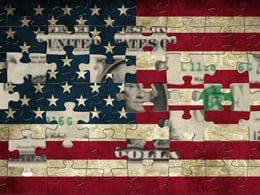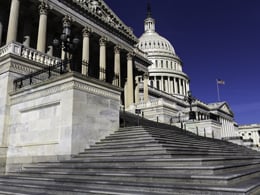In the past couple of days, I’ve led a pretty optimistic quarterly call for investors, given a couple of pretty optimistic TV interviews, and written some fairly optimistic pieces here on the blog. Although I stand by all of my statements, it occurs to me that, for someone known as Eeyore, I’ve displayed an unusual amount of optimism lately.














